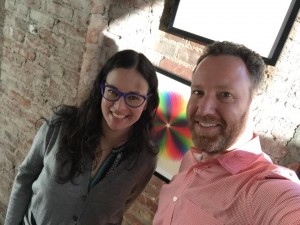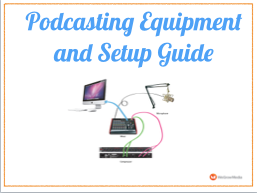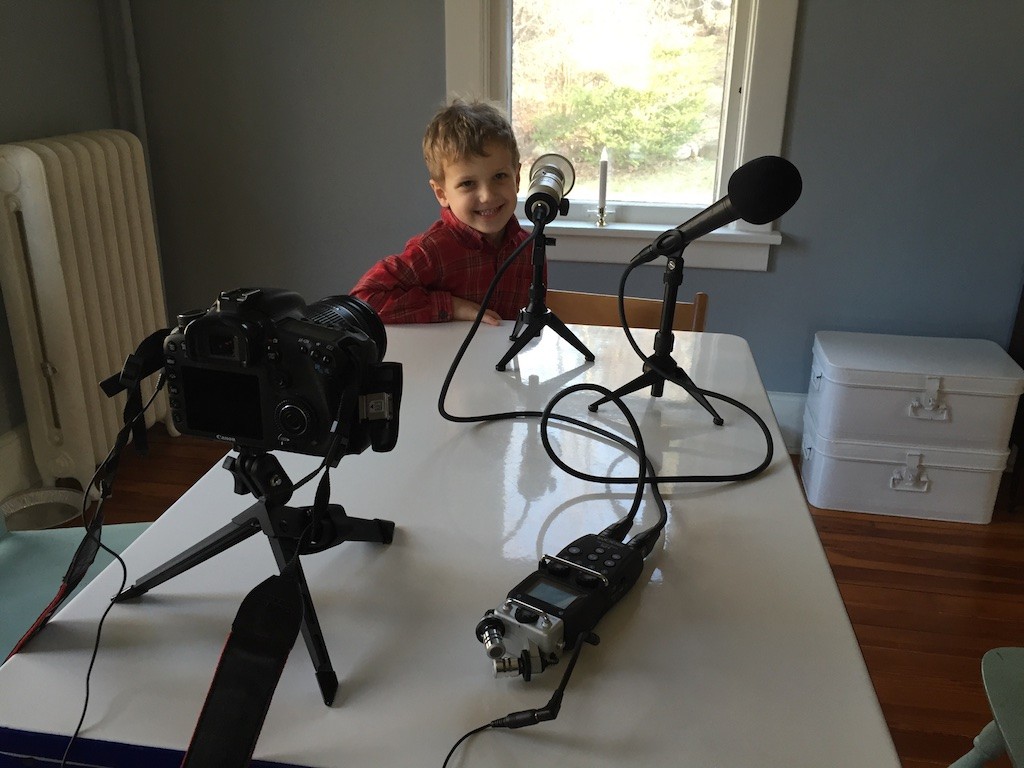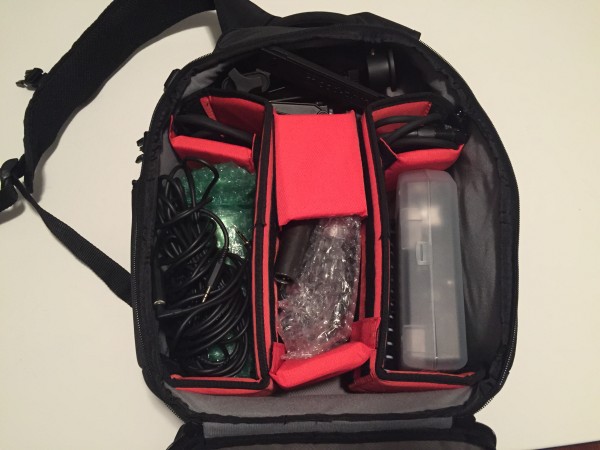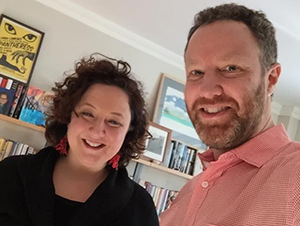This post is a part of my behind-the-scenes series on a book I am writing called Dabblers vs. Doers.
When I announced that I am writing a book last month, I did so at a time that is likely two years before it is published. I have not yet queried agents, not yet signed with a publisher or started any element of that process. Even if I signed with an agent and publisher tomorrow, it would likely be 12-18 months before the book itself would be published.
Which begs the question: why talk about my book so publicly 1+ year before publication?
Let’s explore this topic in a number of ways…
Why Some People Wait to Talk about Their Book
I was chatting the other day with a friend who whose publisher requested they not say ANYTHING about the book until publication, for fear of competitive titles being developed and released. In that case, I completely understood their reasoning.
I have heard many authors and marketers advise against talking about an idea too soon – because it either sets false expectations, or raises awareness too soon. That, by the time the book is released, interest will have dissipated.
While I can definitely understand scenarios where it makes sense to not talk about a book so far ahead of publication, but in my case, I am finding many more reasons to support talking as openly as possible about the book. Here’s why…
My Goal is to Affect People’s Lives, Not a Publish a Book
Inherently, what I am exploring in this work is about more than the book itself. This is an effect I hope to have in the world, where the book is the epicenter, with many extensions. The book itself is a wonderful artifact to share. It is a milestone to reach that will embody everything I am doing, and will be the primary way by which the core of my work is communicated. But… there is so much more.
Writing This Book is an Experience I Want to Fully Embrace
Writing the book is an experience I am creating for my life. Thousands of hours, hundreds of conversations, and a major shift in my identity. It is something that my wife and son will have to live with day in and day out with me. I want to understand the depths of this topic and shape it as best I can. I believe I will learn more about this topic and experience it more fully by talking about it every day than I would if I were to silently slave away with the hopes that the artifact will somehow create this for me on the day of publication.
The book will be stronger if I explore these topics openly than if I covet and hide the work.
I am Testing and Honing the Message
I’ve announced the book, but the truth is that I have no idea what it really is. It exists in its absolute WORST form right now — a 60,000-word draft that I am editing and still doing primary research for. Truthfully, the draft itself is a mess. When I gave it to my editor, she promptly sent it right back with a deep analysis of what it needs before I present it to her for an edit.
It was as if I invited you to dinner at my house, and you walked in to find big vats of raw ingredients overflowing in the kitchen, and not a single recipe in sight. You would politely walk out and tell me to call when I’d at least found the stove.
Yet every single week, I am learning more and more about WHY the topic of the book resonates, and the specific ways that it resonates with those I hope to reach.
I announced the title and the description of the book after testing it with a group of those I am close to. Dabblers vs. Doers seemed to resonate. When I shared it publicly, I found that it still resonated. Now, I’m not married to that title – but what I am finding is that it is efficiently creating interest. I mean, what more would I want a book title to do?
Will a publisher eventually want to change or modify it? Maybe. And if that discussion does happen, I will have months and months of experience on the ways the title works, and the ways in which it doesn’t. I won’t be clinging to it out of pride, I will be able to intelligently talk about reactions from the core audience I hope to engage.
Since announcing the book, I have had to describe it to people dozens of times via phone, Skype, online, email, and in person. I notice which words resonate, which stories resonate, and how my own description has evolved even over the past few weeks.
Many authors only experience this rapid-paced learning AFTER their book is published, when they are on a book tour. At this point, what you learn comes mostly too late. All of the book’s messaging has been defined and printed. I want to learn these insights before the book is published.
Even though this book does not really exist yet, I have had the pleasure of hearing others describe it already. I pay attention to the words they use, the phrasings, because if I want the message of this book to spread, it has to be in the language that people fully embrace.
A core part of research for the book has been interviews that I have turned into podcasts. Something that these interviews are forcing me to do is TALK about the book a lot. It is one thing to do so on paper, another in conversation, especially with people I respect and admire.
I am interviewing people who I feel do great work, so if I can have the confidence to describe the book to them, I can do it with others.
By the time I get to a proper marketing plan once the book is slated for publication, I will have months and months of honing the messaging, identifying what resonates and why.
And let’s face it: this process gives me confidence. I have heard from so many other creative professionals who are about to launch their work to the world about that deep anxiety they feel. They second guess everything because they genuinely can’t predict how their work will be received.
While I’m sure I will be filled with anxiety when my own book launches, I at least want to have months of experience knowing that people seemed to think this was a good and valuable idea. Because, as I spend a few years on this project (including time after publication), wouldn’t it be nice if my wife and son experienced me as someone who was confident and learning, instead of someone who was simply terrified that I have made a foolish mistake?
People Caring About This is Motivating
I can’t even describe to you how encouraging it is to see feedback like this so early in the process. Here is a Tweet from Sean Blanda after I announced the book:

(Thank you Sean!)
After I interviewed Julia Fierro, she shared this on Facebook:
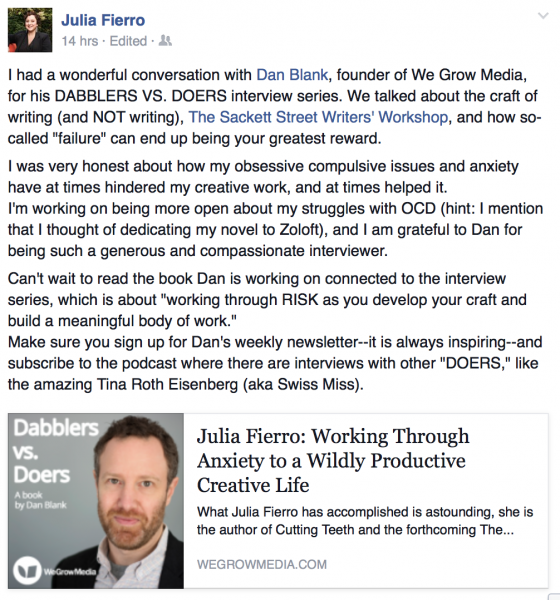
(Thank you Julia!) I am blown away by this generosity, and that fuels me to find MORE time to research, write, and edit this book. I know that this process will be difficult – I have heard that from thousands of others. What I am finding already is that this kind of feedback early on is making the process feel wonderful, even as I devote hundreds of hours to it.
Awareness and Caring Take a Long Time to Develop
Why does Coca-Cola spend billions of dollars each year on marketing even though their company is more than 125 years old and their products are iconic? Because to get people to remember things takes a certain amount of frequency and effort.
I explored this back in 2012 in this blog post about the value of repetition in marketing. What experienced marketers know is this: it takes a long time to get people to know what you are doing.
Even when I launched my company five years ago, it took months and months for even my closest friends and colleagues to fully understand and accept what it was I was trying to do.
Now that I am talking publicly about the book, I am finding that when I meet someone for lunch, they almost immediately ask, “So you are writing a book?” That is proof that awareness is growing, at least with those I am already friends with.
What I also find in these casual conversations is that we touch upon themes of the book as we talk about life and work. When we hit upon key topics around risk and developing a meaningful body of work – I mention that this is what I am exploring/researching for my book. It gives the topic of the book a real sense of context.
Bottom line, this makes the book stronger, and the experience of crafting it more nuanced.
The Journey — and Who Joins Me on It — Deeply Matters
Already – 1+ year before publication – it feels as though I am not alone on this journey. The people who have said kind words, or whom I have interviewed for it, feel as though they are on this journey with me. It feels social, and that makes it all the more meaningful to me.
Addressing My Own Ignorance
Honestly, I don’t know what will work. Talking openly about the book is my way of finding out. In the past, I shared profiles of authors such as Eric Ries and Rebecca Skloot who spent years experimenting to understand how to ensure their book finds an audience.
I am not doing this – talking about my book a year before publication – just as some marketing tactic. I am doing it because it most honors the work itself, making the book stronger. And it honors the audience, by ensuring their voices help make this work better, and can potentially help others in that process.
Every week, I am feeling a greater sense of focus of what the book is, what I hope to achieve with it, the value of the experience it is creating for me, and who it can likely connect with. Will that help the book itself succeed? I like to think so. Will it create a deeper, more meaningful experience for me and those who my work connects with? Most definitely.
For more information on Dabblers vs. Doers, and all the behind the scenes stuff I am sharing, click here. You can subscribe to my podcast on iTunes here.
Thanks.
-Dan

